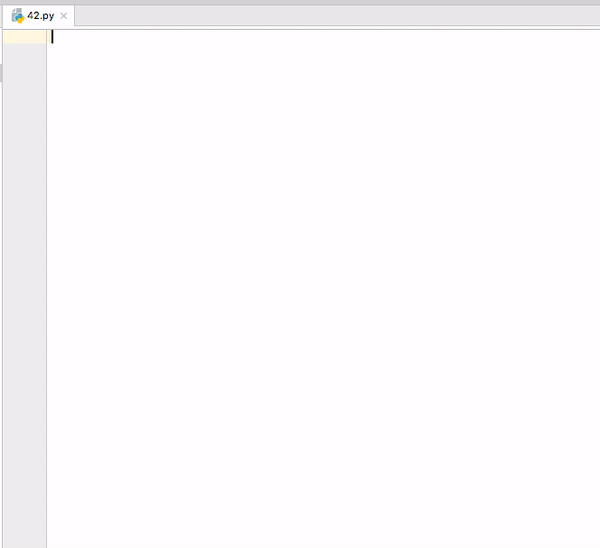PyDriller is a Python framework that helps developers in analyzing Git repositories. With PyDriller you can easily extract information such as commits, developers, modifications, diffs, and source codes.
@inproceedings{Spadini2018,
address = {New York, New York, USA},
author = {Spadini, Davide and Aniche, Maur\'{i}cio and Bacchelli, Alberto},
booktitle = {Proceedings of the 2018 26th ACM Joint Meeting on European Software Engineering Conference and Symposium on the Foundations of Software Engineering - ESEC/FSE 2018},
doi = {10.1145/3236024.3264598},
isbn = {9781450355735},
keywords = {2018,acm reference format,and alberto bacchelli,davide spadini,git,gitpython,maur\'{i}cio aniche,mining software repositories,pydriller,python},
pages = {908--911},
publisher = {ACM Press},
title = {{PyDriller: Python framework for mining software repositories}},
url = {http://dl.acm.org/citation.cfm?doid=3236024.3264598},
year = {2018}
}
Very few! Just:
- Python3
- Git
The list of dependencies is shown in ./requirements.txt, however the installer takes care of installing them for you.
Installing PyDriller is easily done using pip. Assuming it is installed, just run the following from the command-line:
pip install pydriller
This will also install the necessary dependencies.
If you like to clone from source, you can do it with very simple steps. First, clone the repo:
> git clone https://github.com/ishepard/pydriller.git
> cd pydriller
It is suggested to make use of virtualenv:
> virtualenv -p python3 venv
> source venv/bin/activate
Install the requirements:
> pip install -r requirements.txt
to run the tests (using pytest):
> unzip test-repos.zip
> pip install -r test-requirements.txt
> pytest
For information on how to use PyDriller, refer to the official documentation:
- http://pydriller.readthedocs.io
- a video on Youtube: https://www.youtube.com/watch?v=7Oui4bP9eN8
or have a look at our example folder.
Fork the project and follow the instructions on how to get started with source code. I tend to not accept a Pull Request without tests, so:
- unzip the
test-repos.zipzip file - inside you will find many "small repositories" that I manually created to test PyDriller. Choose the one you prefer the most, and test your feature (check the tests I have already written, you'll find inspiration there)
- if you do not find a repository that is suitable to test your feature, create a new one. Be careful: if you create a new one, do not forget to upload a new zip file
test-repos.zipthat includes your new repository, otherwise the tests will fail.
This software is licensed under the Apache 2.0 License.
This project has received funding from the European Unions’ Horizon 2020 research and innovation programme under the Marie Sklodowska-Curie grant agreement No. 642954.

